I'm implementing IDE support for a language using Language Server Protocol.
I want to trigger a rename after extracting a variable into the current scope. That is, I've implemented steps 1 to 2 of the current flow and want to know how to implement 3 and 4
When the user selects an expression a yellow lightbulb shows up. Example:
z = 3 + /*selection-start*/5000/*selection-end*/
When the user selects "extract into variable" then a new variable called "placeholder" is created in the current scope and the original expression is assigned to it. Example:
placeholder = 5000; z = 3 + placeholder
The first instance of
placeholderis highlighted and the text box for renaming pops up. When the user types "the_new_name" and pressesReturnthen the text is:the_new_name = 5000; z = 3 + the_new_name
Is it possible to implement this flow with LSP? If so, how? I checked the LSP spec and it sounds like I'm looking for a Command, but I didn't see a built-in Command for renaming
TypeScript's language server has the behavior I'm trying to replicate (implemented around here), but TypeScript doesn't implement language server protocol, so peeking at its source didn't help me. The screenshots above are from the TypeScript plugin built into VSCode
